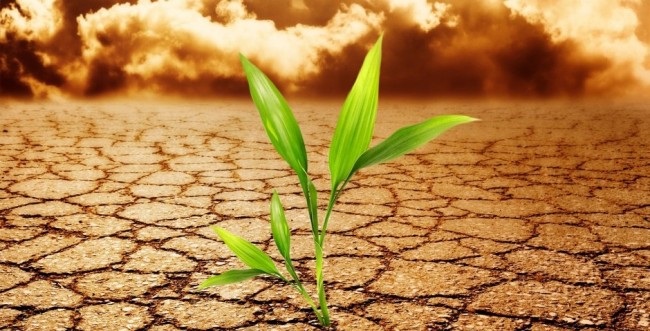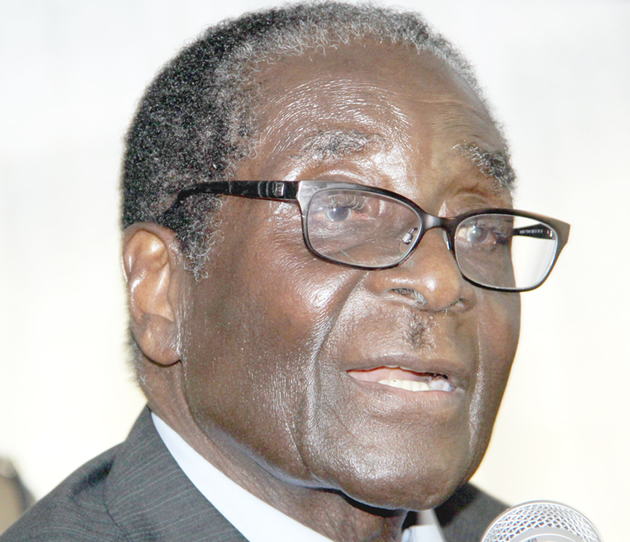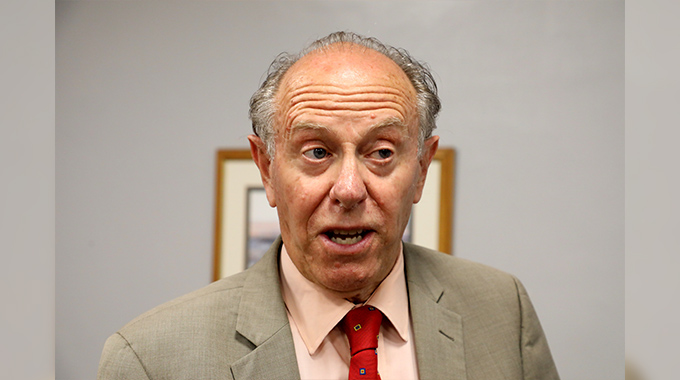Editorial Comment: West must play ball on climate change

Africa and much of the developing world are experiencing the full impact of climate change yet are not responsible for causing the inimical environmental phenomenon.
The industrialised north, encompassing Europe and North America which belches dangerous gases into the atmosphere from their factories that then destroy the ozone layer and precipitate climate change, don’t experience the adverse impacts of the phenomenon as much as we do.
This is so because the developing world lacks resources to adapt to the changing environment and mitigate its effects. Droughts are getting more frequent in Africa, the same as floods both of which are caused by climate change. For a region that is generally poor and agro-based, the continent is feeling the full force of the changing climate.
Better resourced Europe and North America have the wherewithal and are able to adapt their systems to the new situation and lessen its adverse effects.
There has been a north-south disagreement on how to respond to climate change with Africa and the developing world demanding that the biggest polluters not only reduce their greenhouse gas emissions but also provide resources for the less developed nations to adapt and develop impact reduction strategies. Africa is also demanding a time-bound and enforceable framework for this to be possible.
However, the United States and her industrialised colleagues are reluctant to provide the resources. They are also resisting the drive for a comprehensive response mechanism.
In Paris, France where the 21st UN Framework Convention on Climate Change is being held, President Robert Mugabe amplified the developing world’s position for Europe and America to agree to a legally binding protocol. His remarks came as it emerged that France and the US had already and secretly reached an agreement outside the summit to ensure that the 147 countries gathered in Paris don’t come up with a binding and universal agreement on climate change adaptation and mitigation.
He said:
“We are here to reach an agreement that will enhance the full, effective, balanced and sustained implementation of the 1992 United Nations Framework Convention on Climate Change, not to revise or otherwise weaken that convention. We are dismayed by, and reject, attempts by developed countries to question and modify the very foundations of the global impact on common but differentiated responsibilities that form the bedrock of the convention.”
We condemn the western moves to pull a fast one on humanity and demand that they subject themselves to a new order that is good for the world.
It is suicidal for them to press ahead emitting the dangerous gases in an unregulated manner to satisfy their selfish appetites. Yes, at this time they have the ability to reduce the impact of climate change in their jurisdictions, but who knows, if they keep on conducting themselves in a way that continues to compromise the environment, they might, in the next few years, reach a stage where even their best efforts to adapt and mitigate would not be good enough.
We know that an agreement has been elusive in 20 previous attempts but that will not discourage us from being hopeful. We only have this earth. We have no choice but to take painful measures to protect it.
Also, it will not be amiss for us to expect the West to agree to fund projects and programmes that reverse the effects of climate change. It would be very unfair for the less developed nations, who are the poor victims of the impact of climate change, to be forced to finance mitigation and adaptation measures.
“We cannot, and we will not assume more obligations,” said the President.
“Doing so will dent our development aspirations and in particular, our efforts to eradicate poverty.”











Comments